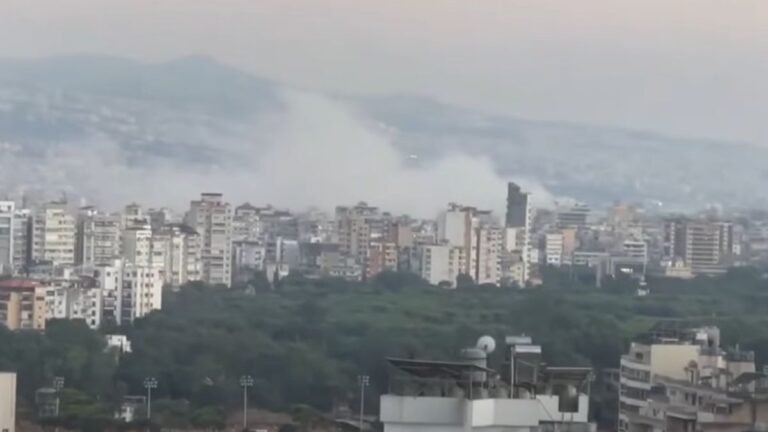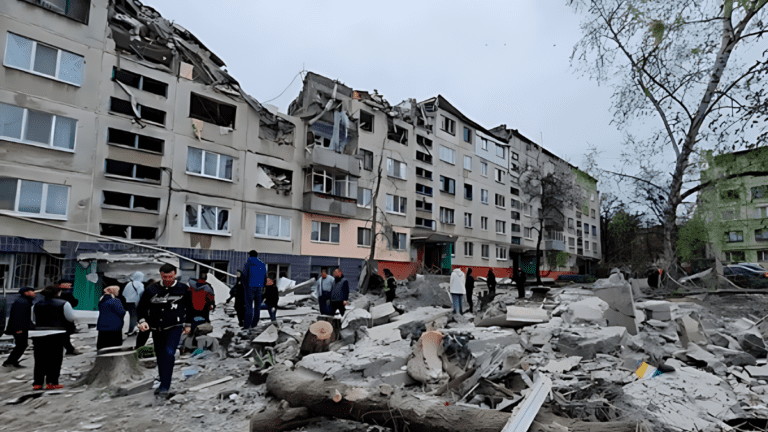U.S. Deploys Military Assets to Middle East Amid Rising Tensions

The United States has dispatched a carrier strike group, warships, and a fighter squadron to the Middle East, preparing for a potential escalation in hostilities. This deployment follows Iran’s vow of retaliation over the killing of a senior Hamas leader in Tehran earlier this week, an act Iran attributes to Israel. Israel has not commented on the allegation.
The U.S. Embassy in Beirut has issued a stark warning to American citizens, urging them to leave Lebanon immediately as airlines begin canceling flights in and out of the country. The Embassy’s advisory emphasizes booking “any ticket available” to ensure departure, highlighting the seriousness of the situation.
Ben Wedeman, a CNN reporter described a tense atmosphere in Lebanon. “People are very worried,” Wedeman notes, comparing the current situation to previous periods of high tension. The U.S. Embassy has also warned that evacuating American nationals could become extremely difficult if conditions worsen, recalling the chaotic evacuation in 2006 when Israeli airstrikes hit Beirut’s airport.
Kuwaiti Airlines is the latest to announce the suspension of flights to Beirut, effective tomorrow, with no clear date for resumption. Other airlines are expected to follow suit, further complicating efforts for those attempting to leave.
Lebanon’s Minister of Economy and Trade has urged citizens not to hoard food, assuring the public that food supplies are adequate despite the growing fears. The minister’s reassurances come amidst a backdrop of anxiety as Hezbollah and other pro-Iranian militias in the region signal potential retaliation.
Hezbollah’s Secretary General Hassan Nasrallah has indicated that Hezbollah, along with other Iranian allies including the Houthis in Yemen and various militias in Syria and Iraq, may respond to the recent assassinations in Beirut and Tehran. Analysts believe this could lead to a significant and multi-pronged escalation, potentially involving missile attacks and other coordinated strikes.
Andrew Miller, former Deputy Assistant Secretary of State for Israeli-Palestinian Affairs, emphasized the gravity of the situation. “This is a really dicey time,” Miller said, acknowledging the heightened risk of a broader conflict involving multiple actors. He noted that while Israel’s missile defense system is highly advanced, it could be overwhelmed by a saturation attack involving rockets from different directions.
The U.S. military assets being deployed to the region are expected to bolster Israel’s air defense capabilities, particularly against slower-moving UAVs and drones. However, ballistic missiles remain a significant threat, despite Israel’s successful interception of such missiles in the past.
The potential for a broader regional conflict remains high, with concerns that Israeli Prime Minister Benjamin Netanyahu’s risk tolerance could lead to further escalation. U.S. influence over Israel’s actions may be tested in the coming days as the Biden administration seeks to manage a delicate and potentially explosive situation.
As the Middle East braces for what could be a significant escalation, the international community watches closely, aware that the stakes are higher than they have been in years. The situation remains fluid, with the potential for rapid and unpredictable developments.






